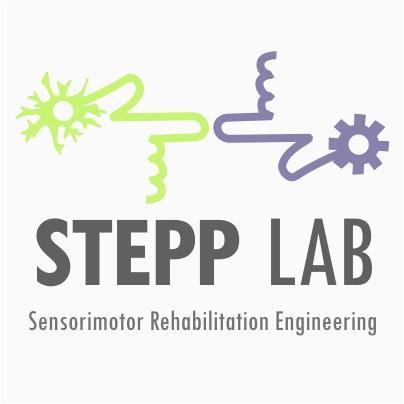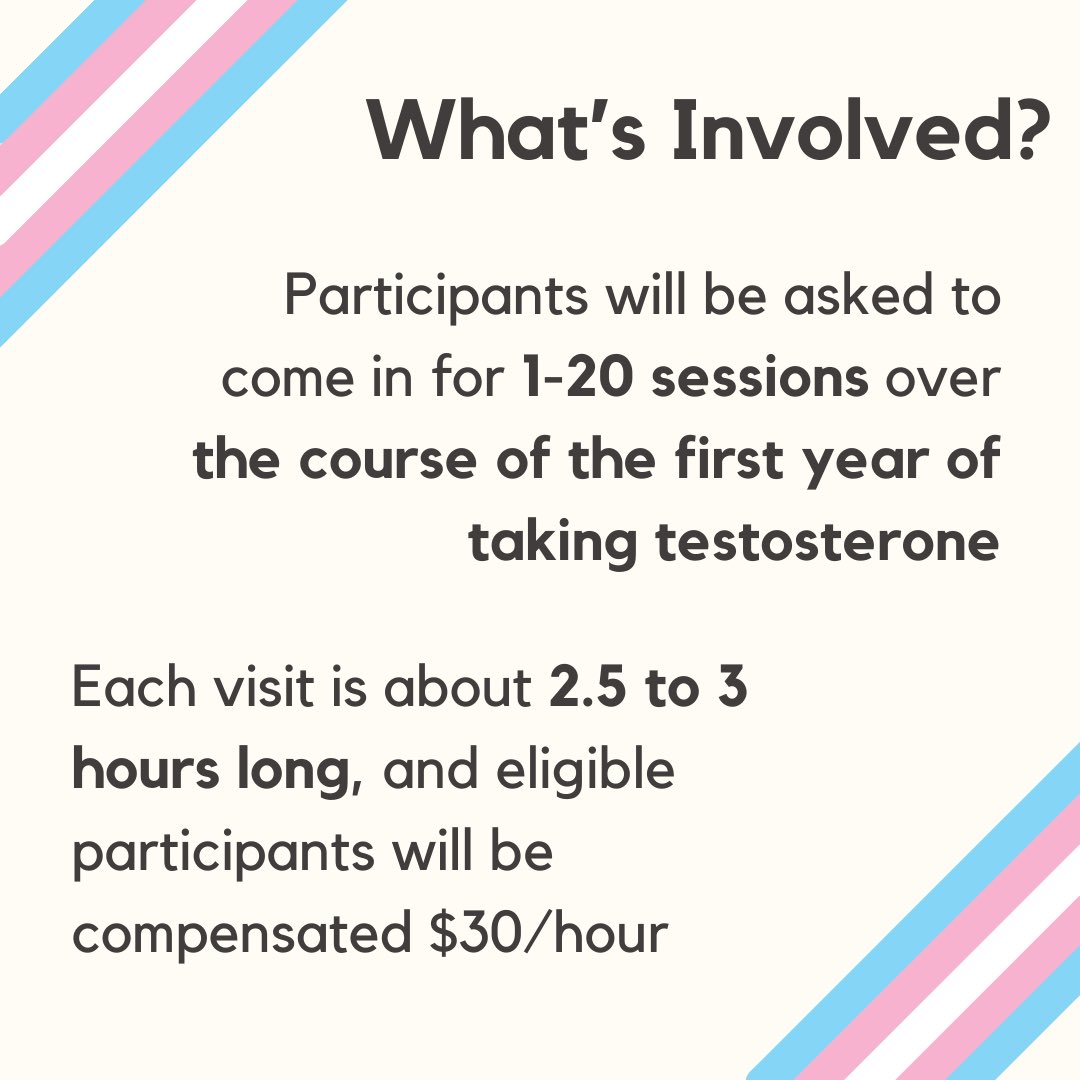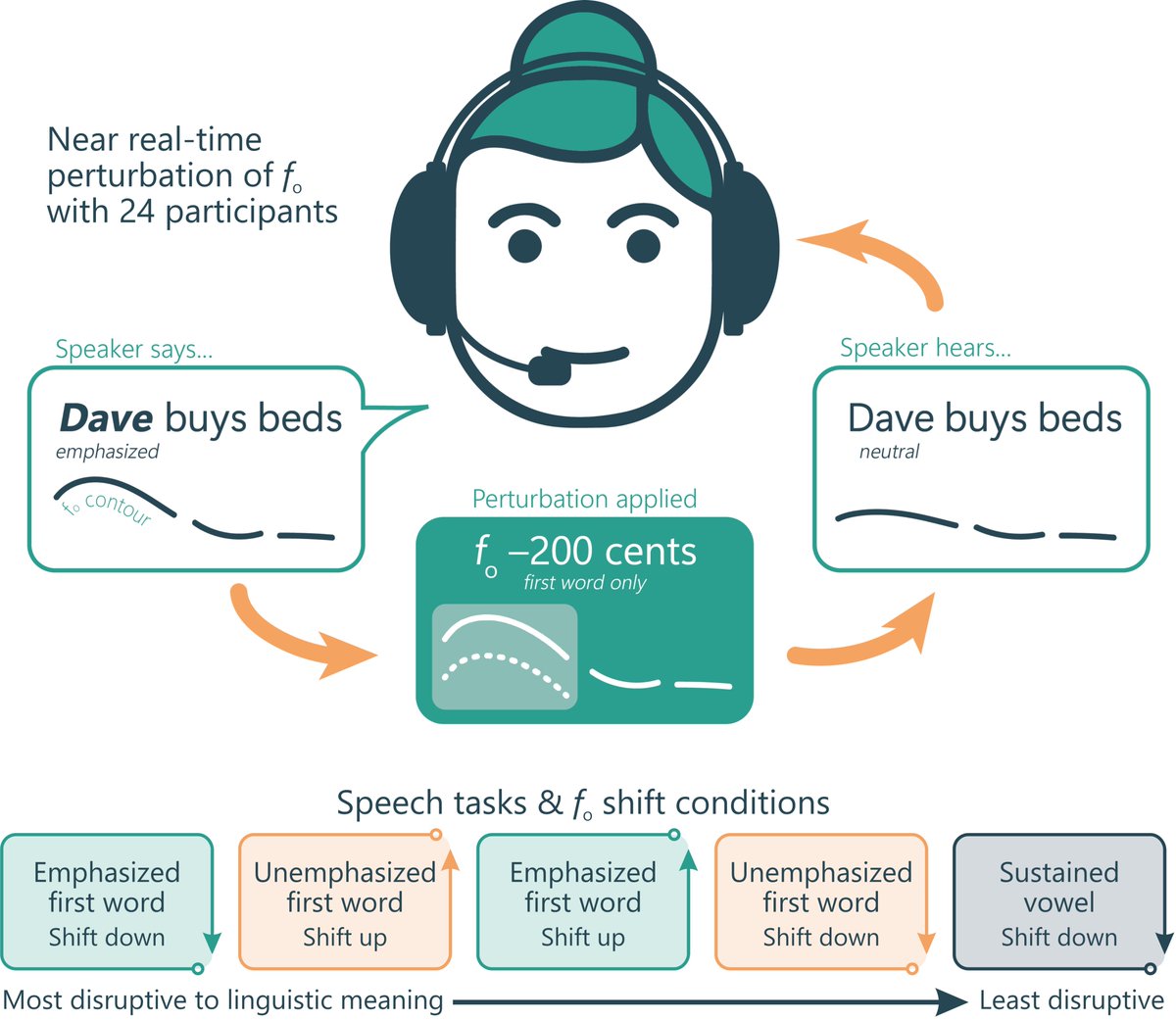
Stepp Lab
@SteppLab
Followers
2K
Following
2K
Media
254
Statuses
2K
Stepp Lab for Sensorimotor Rehabilitation Engineering @ Boston University #SpeechScience #VoiceDisorders #Rehab #DiversifyScience
Boston, MA
Joined October 2011
We can’t wait to have you here!.
With my graduation about a week away, I figured it was time to reveal what my plans are after FSU. I’m so excited to announce that I am heading to Boston!. I will be joining the @SteppLab at Boston University as a postdoc! I cannot wait!
0
0
6
RT @MicahEHirsch: With my graduation about a week away, I figured it was time to reveal what my plans are after FSU. I’m so excited to anno….
0
1
0
RT @BUSargent: 🌟Meet our @buslhs PhD students 🌟.First up, @dariadragicevic, a student in our @SteppLab is interested in understanding long….
0
3
0
RT @BUSargent: 🌟Meet our @buslhs PhD students 🌟 Kimberly Dahl, a student in our @SteppLab, is researching voice perception, speech motor co….
0
1
0
New work in @ASHAJournals by @stepplab @buslhs doc candidate Kimberly Dahl, with coauthors M Díaz Cádiz, @jennifermzuk, @guentherlab, & @carastepp, finds that speakers correct pitch errors, even when those errors do not disrupt the meaning of a sentence
1
3
6
RT @BUSargent: #ICYMI @buslhs Professor Cara Stepp has established a connection between hearing impairment and vocal hyperfunction. Read mo….
0
2
0
















